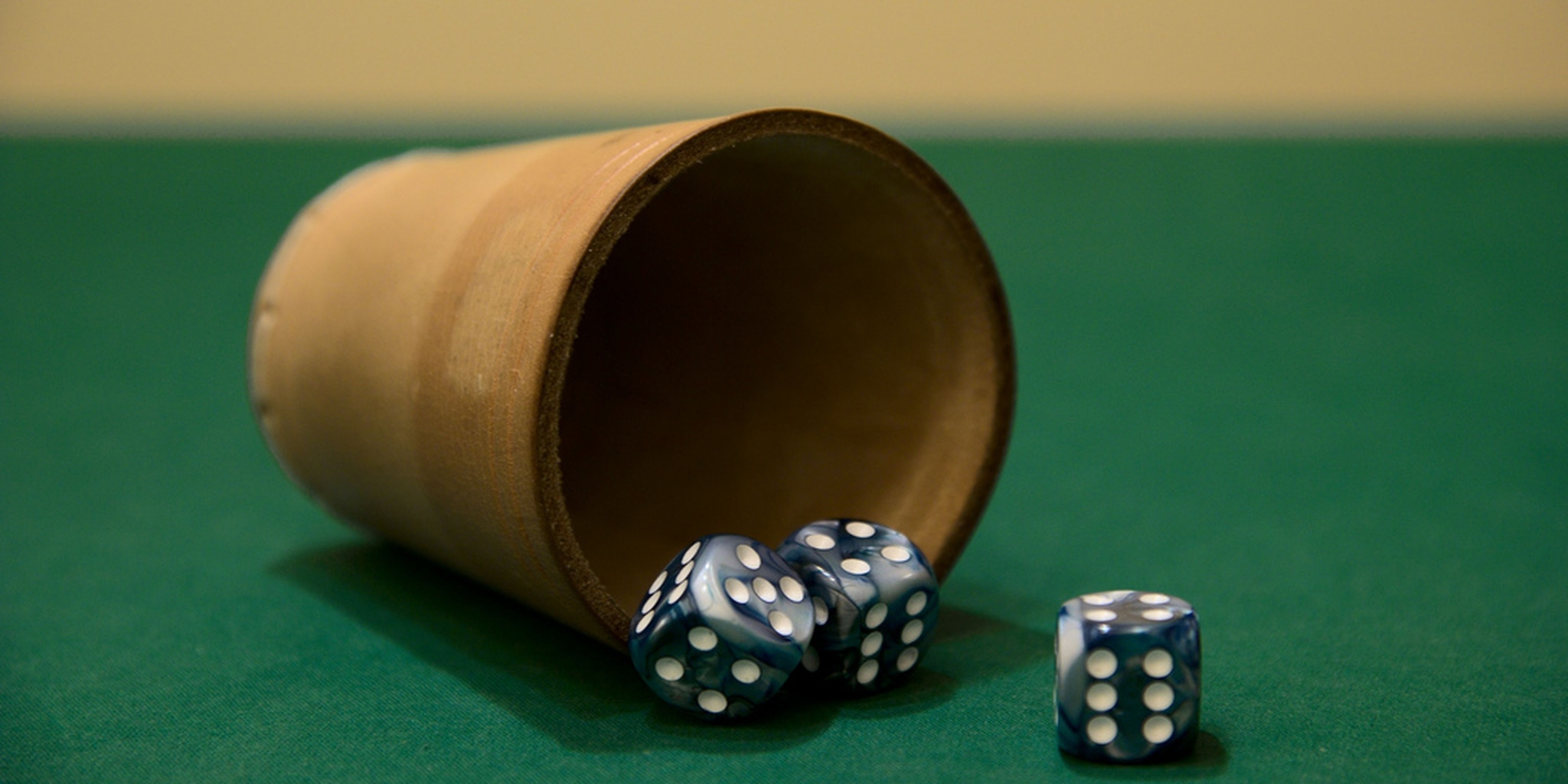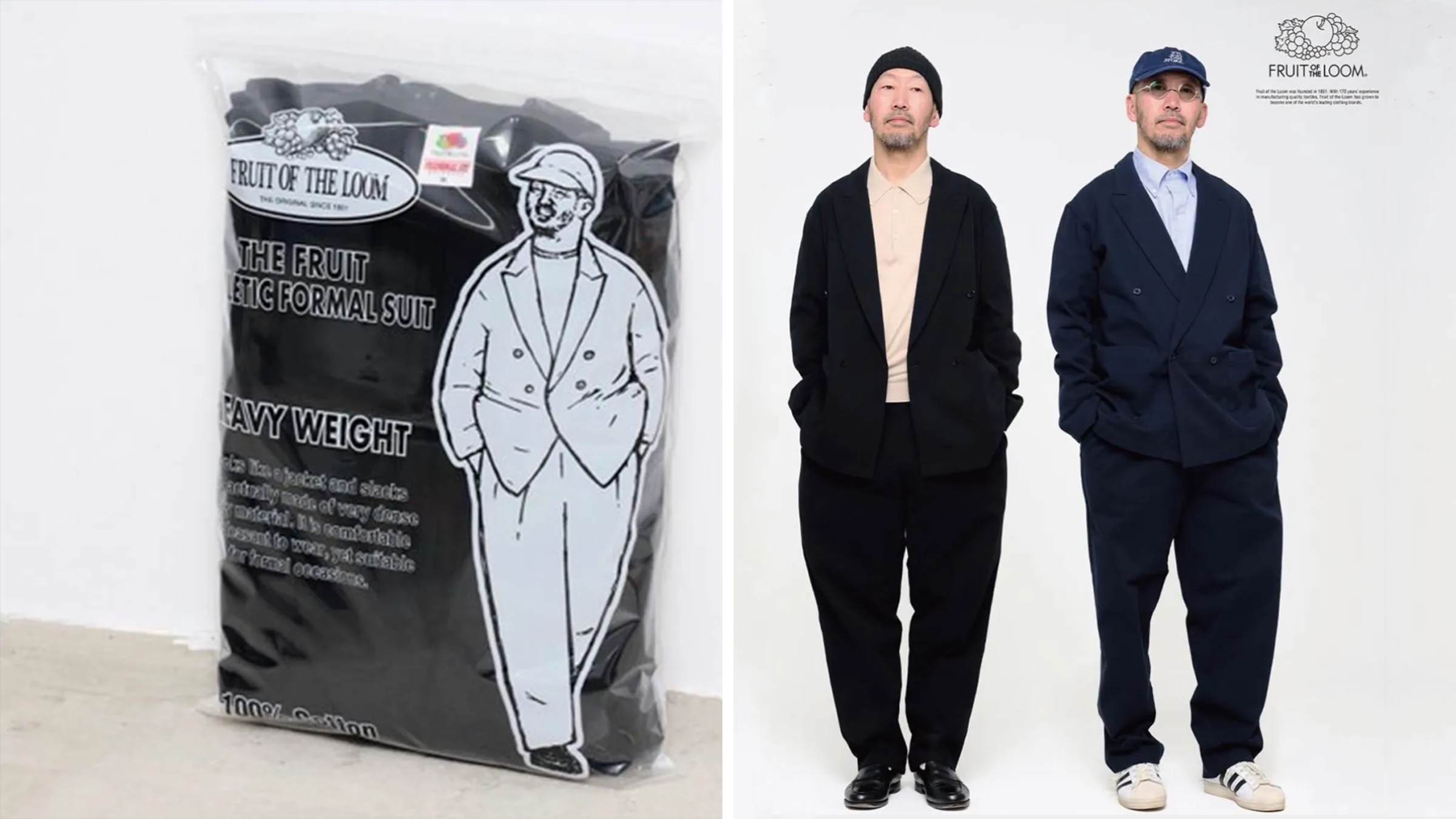When I was 18, I accidentally beat a pick-up artist at his own game.
At the time, I picked Neil Strauss’s The Game, the seminal text on PUA culture, for a research project in my freshman non-fiction studies class. I read it the way most women would later read Fifty Shades of Grey—huddled up with it on the train, with a mixture of shame and morbid fascination, hoping no one would discover your dark secret.
As I hid its bible-black cover in the folds of my khaki pants, one of the other passengers spotted the book and quickly darted toward me to chat. Remember: This was 2005, before pick-up artists had their own VH1 reality shows, and I was a little surprised he knew what the book was. “Hey, I know all of those guys!” he told me, shouting over the steel noise of the car. I didn’t know what to say, so I didn’t say anything. With long brown hair and evangelical eyes, he looked like the kind of guy who could do the talking for both of us.
He introduced himself as a pick-up artist—on a level with Mystery, the pick-up artist who was at the center of the subculture Strauss was profiling, but without the name recognition. Like Walter White, he repeated this fact many times, as if he wanted me to remember his name.
He told me that he’d devoted his life to the PUA cause, like many of the other men who found their calling in the community. After spending years getting to know the other men in the program, this wasn’t just a game for him anymore. They sounded more like religious fanatics to me than potential dating gurus—the kind of guys who might be knocking on your door, selling something they barely understand.
I wasn’t sure what this guy was selling me, but I was about to find out. As a demonstration of his life’s work, he gestured to two girls on the other side of the car. He told me he was going to try to pick them up. I looked over at them: young and blond, about my age. They were in the middle of a conversation, seemingly happy in a way that people who aren’t you always seem vaguely content. I wanted to stop this, but I also had the feeling that it was no use. It wasn’t about them. He was a man with something to prove.
The mystery man walked up to them and picked one in particular, isolating her. This is a trick designed to make the second friend feel lonely and jealous, as if attention were a piece of candy being denied her, one that she would then want.
He then turned to that friend and politely insulted the smallness of her teeth. This is a classic pick-up artist move, popularized as the “neg.” In order to snag a woman, the idea is that you have to tell her a certain number of not nice things about herself, in order to lower her self-esteem. The insult shouldn’t be too mean (e.g., “you’re a fat pig”), just enough to establish your alpha dominance.
Like any sane person, she was not up to being sexually taunted at a high-decibel level by a total stranger, so she immediately shut down and froze him out. Despite the fact that this conversation was clearly over, he stood and prattled on, selling the game to no one. Before it could get much worse, we arrived at his stop and he got off, muttering to himself as he left.
As I was in the closest proximity to him, the two girls immediately turned to me, needing to hold someone accountable. “Who was that guy?” the Politely Insulted Girl demanded to know. “Was he a friend of yours?” I informed them that I hadn’t the slightest clue who that guy was and explained the situation. Because this was 2005, they hadn’t heard of pick-up artists yet, and like me, they shared the same intrigued indignance.
During our brief conversation, they both told me about themselves; they were Illinois Institute of Technology freshmen, on their way to the Belmont stop. As a journalism student, I had gotten used to asking people questions and letting them talk, relying on the ability of complete strangers to tell you the most intimate details of their history, if you simply asked.
We talked about why they’d moved to the city (better jobs, better schools, better bars) and what they were looking for here (better lives than their hometowns offered), and I realized the guy’s basic problem: He’d never been that interested in these women as people. He was only interested in what he wanted, asserting his position as a stud and the kind of guy who “gets women.” He’s the kind of guy who would rather seem like he’s listening than actually listen.
When it came to my stop, the Politely Insulted Girl halted me. “You’re not going to get off the train without letting us get your number,” she smiled.
-----
What struck me most about that guy on the train is how many guys I knew who were exactly like him, ones who get lost in something in order to hide their own insecurities. By becoming part of the group, adhering to a template for shared identity, it allows you to negate the fact of the self. Those guys were in the AA groups of my parents and their friends; they lined the halls of the Baptist church I went to every Sunday, many of them also recovering alcoholics or gamblers. In putting down the bottle, it’s trading one form of addiction for another.
But PUA culture is its own kind of special addiction, a sky-blue meth that promises power and access, the kind of life you’d only dreamed of. One of the biggest mistakes I’ve ever made was giving The Game to my uncle, who had recently gotten over a nasty divorce.
My uncle’s wife was bipolar, known for her wildly erratic behavior when she went off her meds. Sometimes she shoplifted or disappeared for a couple days, but she always came back. I always wondered how my uncle dealt with it, especially while raising two kids, but I figured it was part of what he loved about her, that very unpredictability. She was the most exciting thing that had ever happened to him.
But the summer before I left for college, she left him for his best friend. Their families would have play dates often, and the closeness between them was unmistakable. Seeing them all together, I figured it was the kind of bond fostered through years of friendship, because when you’re married to somebody, you inherit their friends—whether you like it or not.
The summer she left, he burned her things on the lawn. What he didn’t burn was thrown out, piled in garbage cans on the street. Until he changed the locks, she would commonly come in the house and break random things; even when he did change the locks, she snuck in through the window. During her final visit, she took a knife and carved messages on all the mirrored surfaces in their house. In the living room, she wrote, “GOODBYE FOREVER,” like the killer in a horror film.
What made the fact of his wife’s infidelity worse, in his mind, was that his best friend was black, which added a nice veneer of racism to his breakdown. It wasn’t just that his wife left him, but that she left him for a black man. The divorce was loaded with sexual panic, the idea that he couldn’t be enough for her or measure up, despite the fact that the hypothesis is based upon racial conjecture. It wasn’t just a judgment about his role as a husband and father but a rebuke to his very manhood.
It was a lot easier to hate his best friend for being black than to come to terms with his wife’s disappearance, and by the time I returned home to stay with him the following summer, the problem had gotten much worse. He had become the kind of man who would tell you “what the thing about black people” was or decry the welfare system and its unfair advantages for, you know, some folks.
I realized that more than a snuggle blanket of easy racism, my uncle needed to rediscover a sense of belonging. With his wife taking custody of the kids, he had been left alone to his own devices, a man who was so angry about his situation that he intentionally stopped paying for their house to force it into foreclosure. He didn’t want her to get it, and were it legal, he probably would have burned it to the ground, too.
I brought my copy of The Game home that summer with my things from school, and with its leather binding, the book looked a lot like a copy of the New Testament. He wanted to know what it was. Since starting the book, I loved when people would bring it up because it meant that I would have the opportunity to trash it some more. I was so obsessed with hating it that the book began to take up space in my brain. I’d even read it a second time.
He had the exact opposite reaction to the girls on the train, as if I’d reaffirmed his faith in Santa Claus. I told him about the tricks of the trade, how these men dupe women into sleeping with them by making them feel like crap about themselves and then go around the country selling it as a lifestyle mantra, like The Secret but for acting like a total asshole.
But all he heard was the first part—that there was a book that could teach him how to get his life back (read: show up his “stupid skank n***er-loving whore of a wife” and help land hot chicks), and I was in possession of it. He had to have it.
Years ago, this was a man I had looked to as a father figure when my own proved not up to the task, a classic nerd who liked sci-fi flicks, The Godfather, and cheesy ’80s movies that you could talk over. But like Lester Burnham in American Beauty, he’d been trading in the khakis for the gym, installing a treadmill upstairs in his son’s empty bedroom. The way he looked at me, I could tell he thought that this book was the next step in his journey to “wake up,” as Burnham had advocated. I wondered if he remembered that Lester Burnham died at the end of that movie.
For my uncle, the book wasn’t a strategy to pick up women as much as it was a way to keep hating them, blaming for his feelings of unhappiness, emptiness and rejection. He wanted to make all women pay for his wife’s infidelity and read The Game obsessively, hoping it would provide the answers to his predicament.
He traded in his Volvo for a motorcycle and joined a gang, hoping to “peacock” for women by presenting an ostentatious version of male sexuality. My uncle started staying out later, bringing home barely clothed women he could later dismiss for their willingness to have sex with him. In my uncle’s new world, there was no way for a woman to win. If she left you, she was a bitch. If she didn’t have sex with you, she was an ice queen. If she was down to fuck, she was a whore.
But then again, the game wasn’t designed for women. It was made for men as a way to get revenge by evening the playing field.
In my uncle’s case, however, the design of that system capitalized off his weaknesses as a way to take advantage of his insecurities and perceived faults. The PUA community feeds off the idea of collective self-actualization—that in perfecting the game, you can perfect the self—but what happens to the men who never find themselves? For every Mystery or Neil Strauss, there’s the story of 100 guys who realized they were sold another failing system, one that only made them angrier and more alone. It’s like putting a fire out with gasoline.
When I heard about Elliot Rodger’s story this weekend, a deeply disturbed kid who resented the world for not observing his alpha-male dominance, I couldn’t help but think of how many men there are out there like him. An avid user of sites like PUAHate.com, a website devoted to critiquing pick-up artist culture, Rodger didn't hate pick-up artists. He was just angry that it couldn't solve his issues with women, just another road to hatred.
I couldn’t help but think of my uncle, the reluctant weekend warrior who needed to replace his old American dreams with new ones. Langston Hughes once asked what happens to a dream deferred, and I can’t help but think that men like Elliot Rodger and my uncle are the conclusion.
I don’t blame The Game specifically for creating the Rodgers of the world, but I think the alphas in charge have yet to learn the same lesson I did on a Chicago “L” train 10 years ago. Whether its the women being insulted or the troubled, lonely guys playing a game they don’t understand, sometimes you just need to be willing to listen, instead of pretending like you have all the answers. The difference might save lives.
In his follow-up to The Game, titled The Rules of the Game, Neil Strauss mentions that he was compelled to write another book on the subject because of the number of men he met who were lost, helpless, and scared, completely lacking hope. They needed something to believe in, and Strauss wanted to help them find it. He looks at himself as the ultimate success story, a skinny bald guy who reads James Joyce electively but became one of the hottest pick-up artists on the planet.
But we have to realize that there are other stories that aren’t being told. I haven’t spoken to my uncle in almost 10 years, and I sometimes picture him on his motorcycle, riding the curves of the highway with another interchangeable woman straddling him, one whose name he probably doesn’t know. If he was searching for something in that book, I hope he finally found it.
Photo via DASPRID/Flickr (CC BY 2.0)






